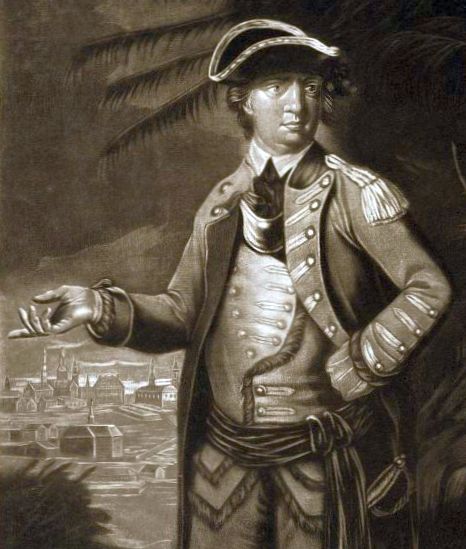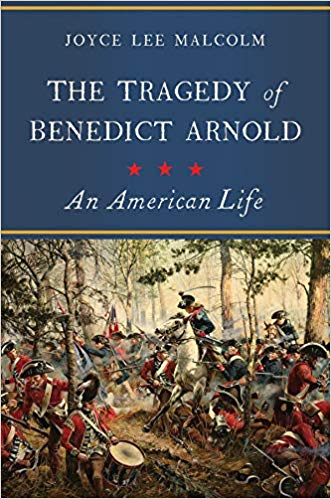Authors:
Historic Era: Era 3: Revolution and the New Nation (1754-1820s)
Historic Theme:
Subject:
Fall 2019 - George Washington Prize Books | Volume 64, Issue 5


Authors:
Historic Era: Era 3: Revolution and the New Nation (1754-1820s)
Historic Theme:
Subject:
Fall 2019 - George Washington Prize Books | Volume 64, Issue 5
Excerpted from the George Washington Book Prize finalist The Tragedy of Benedict Arnold: An American Life, by Janet Lee Malcolm (Pegasus Books).

Two centuries after Benedict Arnold's death, the most infamous man in American history remains a two-dimensional caricature in the minds of most Americans: wicked, self-serving, and greedy. Numerous books have cast his young wife Peggy as equally evil, an Eve tempting her husband into treason.
Yet Arnold repeatedly risked his life and sacrificed his fortune for the patriot cause. As for Peggy, the charges against her are based on flimsy evidence contradicted by her own actions, by eyewitness accounts, and by the historical record. Replacing the cardboard cutouts that pass for historical portraits of Arnold and Peggy with a more authentic picture makes their actions, if still culpable in Arnold's case, at least more understandable; exonerates Peggy; and exposes the bitter animosities within the patriot party. It also helps us make sense of the wild fury that greeted Arnold's betrayal, bringing us closer to the people and frightfulness of that time.
See also "George Washington, Benedict Arnold, and the Fate of the American Revolution,"
by Nathaniel Philbrick, American Heritage, Oct 2017

Arnold was a national hero before he abandoned the patriot cause, and no wonder. He has been reckoned the most brilliant officer on either side of the Revolutionary War. He had that rare ability to inspire men to follow him into the face of death, even when, as at the decisive battle of Saratoga, he was stripped of military command. J. W. Fortescue, author of a classic study of the British army, described Arnold as possessing "all the gifts of a great commander. To boundless energy and enterprise he united quick insight into a situation, sound strategic instinct, audacity of movement, wealth of resource, a swift and unerring eye in action, great personal daring, and true magic of leadership."
He was courageous, resourceful, and, like most men of his time and rank, keenly jealous of his personal honor. When he joined the British side he forfeited that honor forever. Americans greeted the news of his betrayal with outrage, burning him in effigy, while the British never fully trusted him. His was a tragic fall from fame to infamy.
We are left wondering why Arnold abandoned the cause for which he sacrificed his health and wealth, and why — when so